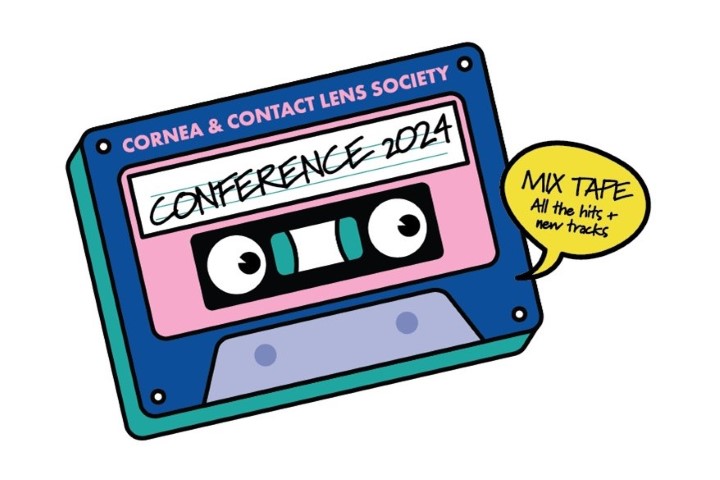New river blindness drug approved
The United States Food and Drug Administration (FDA) has approved moxidectin as the first new treatment for river blindness in 20 years, adding new ammunition to the fight to eliminate this disabling disease. The FDA decision followed priority review of a new drug application for a neglected tropical disease submitted by the not-for-profit biopharmaceutical company Medicines Development for Global Health (MDGH).
River blindness (onchocerciasis) is caused by the parasitic worm Onchocerca volvulus and transmitted to humans through exposure to repeated bites of infected black flies. Around 200 million people are at risk for the disease that causes severe itching, disfiguring skin conditions and visual impairment, including blindness. More than 99% of infected people live in 31 African countries.
Ivermectin, the only drug currently in use, distributed annually to entire communities living in endemic areas, has significantly reduced river blindness, but the global campaign to eliminate the disease requires more effective drugs. Recently-published findings of a large phase three clinical study managed by the special programme for research and training in tropical diseases (TDR) and conducted in the Democratic Republic of Congo, Ghana and Liberia showed that moxidectin is superior to ivermectin in suppressing the presence of parasites (microfilariae) in the skin that cause the disease and are taken up by black flies.
“We are delighted about the FDA’s decision,” says TDR Director John Reeder. “It is a milestone toward our vision to have moxidectin made available to African countries to quicken the river blindness endgame.”



























